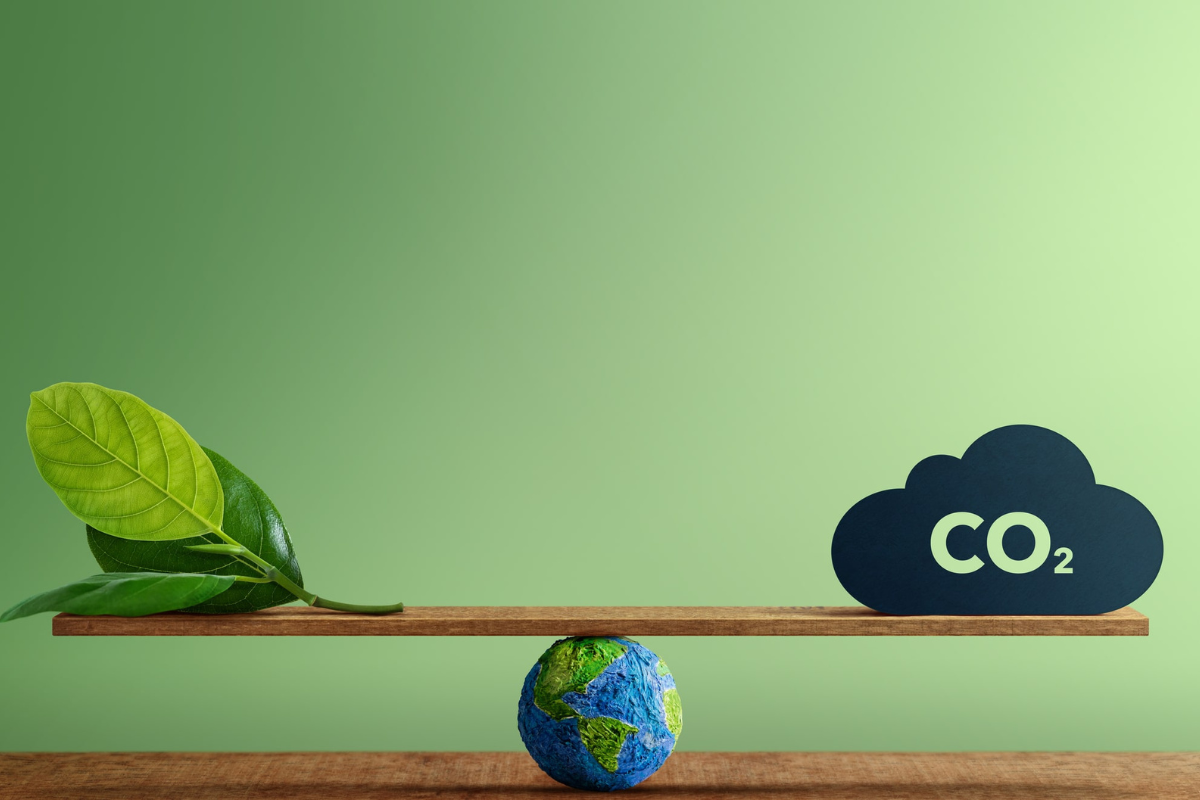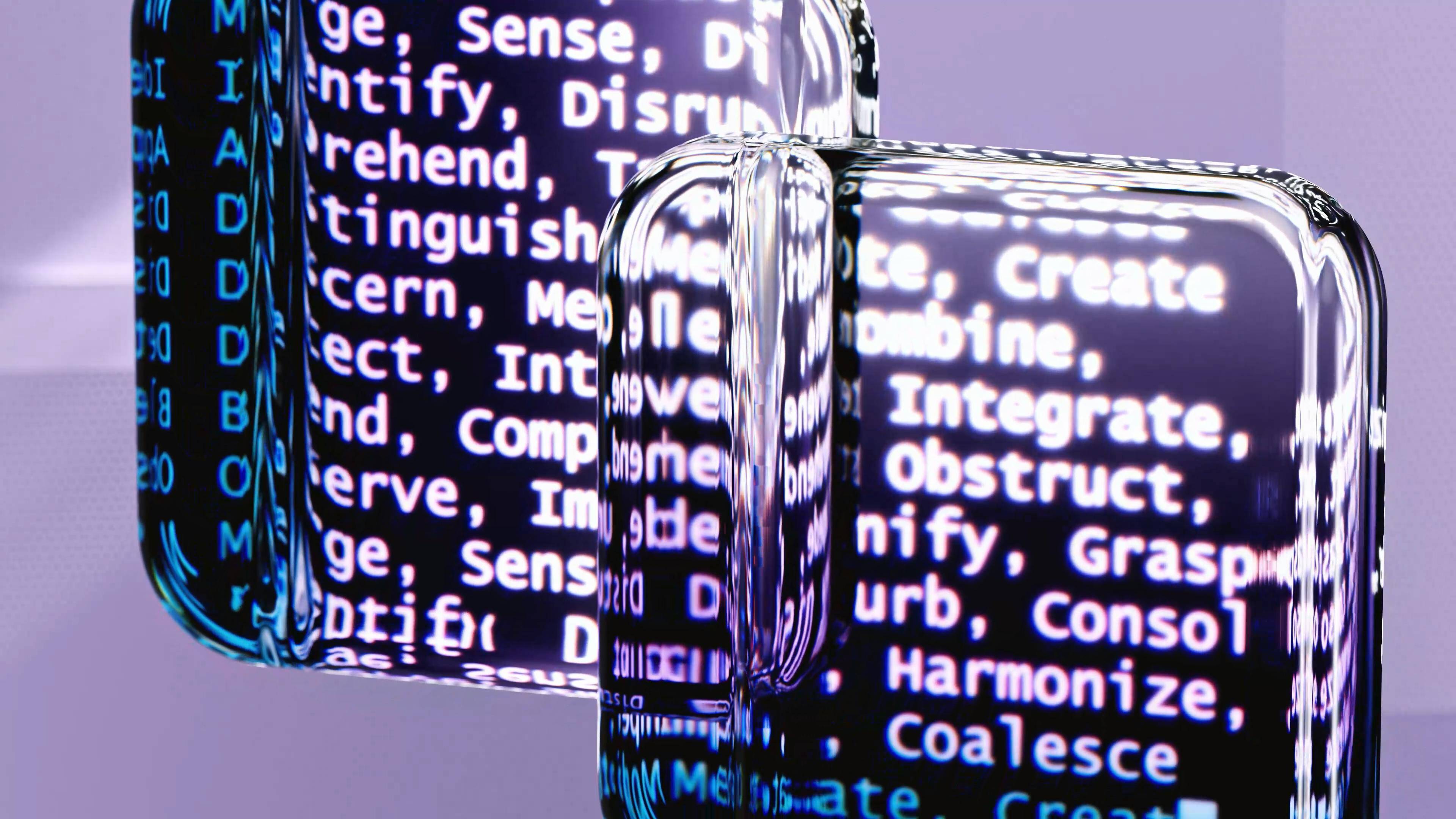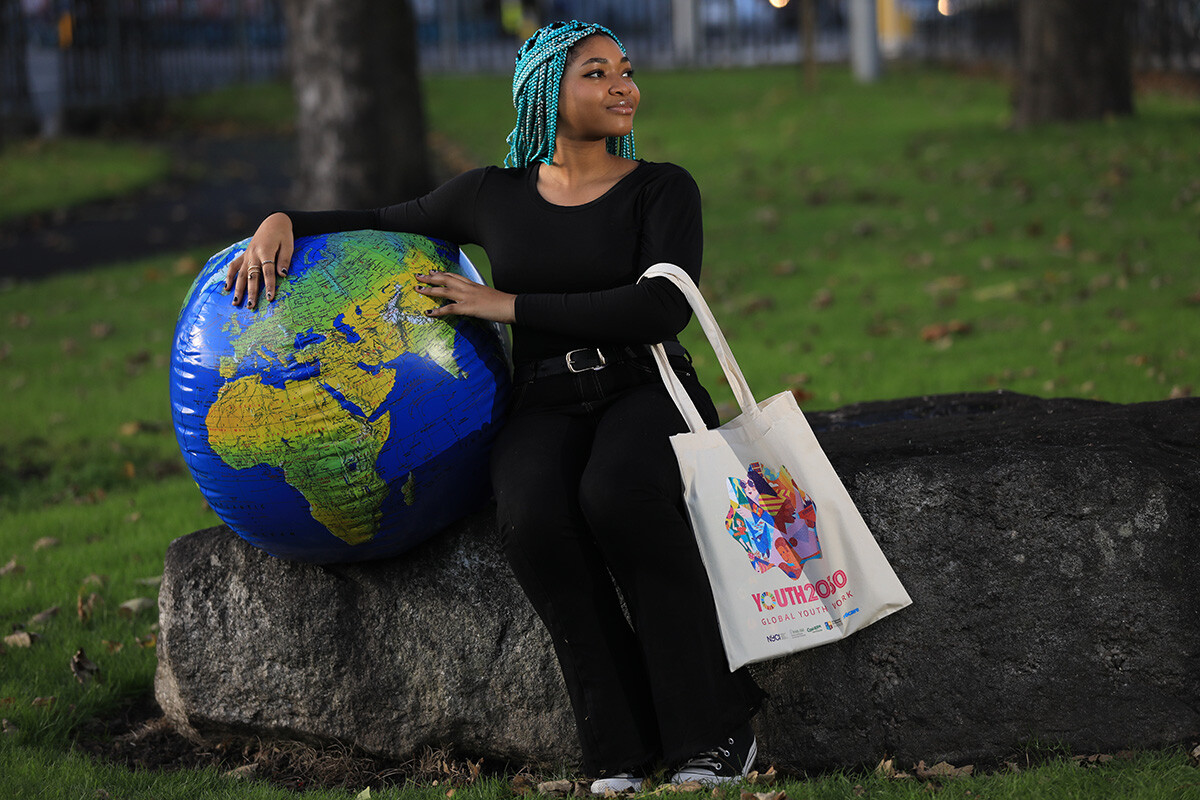Carbon Footprinting
In an age where Sustainability has rapidly become a core strategy of most Irish businesses, Carbon Footprinting has become an integral pathway to...

To mark Fairtrade Fortnight, we’re celebrating all things green, clean and equal.
Supported by the Fairtrade Foundation, Fairtrade Fortnight aims to increase global awareness of consumer products made using sustainable ingredients, materials and/or methods.

Fairtrade originated when a group of business leaders around the world came together to push for change in how farmers and producers in poorer developing countries were treated commercially, financially and socially.
Basically, it means what is says. Fair Trade - fair pay, fair price, fair treatment.
In addition to fair trade with the producers, those organisations certified to and operating within the parameters of the fair trade scheme, pay into a fund - Fairtrade Premium - which is then used to distribute much needed financial support to local communities to assist with economic and environmental issues.
A sort of Fairtrade Corporate Social Responsibility if you will.
This year’s theme or tag is #BeFairDoSustainable
With the impacts of climate change worsening by the year - remember the recent news reports highlighting how Europe had just experienced its warmest average temperatures ever? - it’s more important now than ever to do what we can to make if not hasten that move to sustainable.
Fairtrade provides practical supports to local producers and farmers in several proactive ways including:
According to Fairtrade Ireland, as more consumers choose fair-trade products, this results in “greater income, power and support” for local producers and their families living in climate-change impacted developing countries such as India, Philippines, Sri Lanka and Kenya.
But, it’s not just developing countries that are impacted by the ever-worsening ravages of climate change. The top ten countries effected by serious weather events now includes three G7 powers:
With the devastation of climate change getting closer to home, it’s imperative now more than ever, that we as individuals and organisations, take ownership of our actions and commit to those sustainability targets we’ve been prevaricating over for too long.
Those in whose power it sits to work towards supporting those who for many years now have suffered at the hands of inequality, oppression, poverty and climate change, now have the opportunity to right the wrongs of decades and imbue the spirit of Corporate Social Responsibility (CSR) by supporting schemes such as fair-trade and working to sustainable goals for the good of all.
Which is why it is so important for Irish businesses to incorporate commitments to Corporate Social Responsibility with their strategy for Sustainable Development.
The touchstones of Sustainable Development Goals or SDGs as they are more commonly known include:
By working to a handful of carefully chosen “community” projects, organisations can simultaneously help achieve regional or local authority driven SDGs.
For example, if an organisation supports the redevelopment of waste land into a green, park or woodland space for communal use, not only is it helping to promote biodiversity and a new ecosystem, it is also supporting the creation of a therapeutic outdoor space conducive to good mental and physical health. It can also directly or indirectly be a champion of back-to-work or apprentice schemes, providing work or training opportunities for members of the local community.
Other CSR projects an organisation might engage with to achieve SDGS would typically include:
Developing a CSR programme can help organisations not just to help achieve SDGs in the wider community, they can also help drive sustainable development across the organisation as a whole.
To answer that, we’ll take our cue from world leading experts UNESCO:
Sustainable Development is a pattern of resource use that aims to meet human needs while preserving the environment so that needs can be met not only for present, but also for future generations”.
In other words, we change how and what we use to go about our daily business in such a way as to have an immediate positive impact that will continue for years to come.
Although crossing three pillars - Socio Political, Environmental and Economic - Sustainable Development in business terms refers to corporate impact on community and environment at both local and national level.
Think of it like this. What you do effects us all.
What we do today, will impact not just our future, but the future of our children and their children to come. It is with that in mind, and our understanding that time flies when you’re chasing many corporate tails, that the leadership team at CGBC conceived of and designed our Sustainability Services Suite.
We’ve done the hard lifting so you can get on with what you do best - running a successful business. Developed by our core team of ISO 14001 / ISO 9001 / ISO 50001 experts, our Sustainability service offerings will aid and guide your organisation to achieve those burgeoning targets of Net Zero, Carbon Footprint Free and fully Sustainable within a timeframe that suits your team, your operations and your corporate strategy.
With government targets set at Ireland achieving a 50% reduction in CO2 footprint by 2030 and Net Zero by 2050, there is an urgency for businesses to significantly improve their environmental credentials. The time for picking up the can and dealing with it is now. No more kicking, unless it’s to give fossil fuels and single use plastics the boot.
FREE DOWNLOAD

This resource will guide you through the process of an Energy Audit so you know what to expect.
An Energy Audit is often the first step to a more sustainabile future for your business.

In an age where Sustainability has rapidly become a core strategy of most Irish businesses, Carbon Footprinting has become an integral pathway to...

Artificial Intelligence (AI) has revolutionised the way businesses operate, offering innovative solutions to complex problems and driving efficiency...
